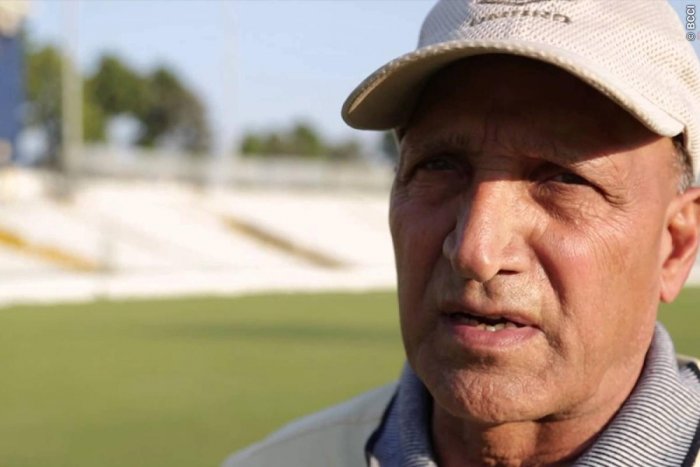New Delhi: Former BCCI chief curator Daljit Singh Wednesday proposed more grass on the 22 yard-strip and lesser than usual on the outfield to counter the “unavoidable” dew factor for the first ever day-night Test to be played in India next month.
The BCCI and its Bangladesh counterpart Tuesday agreed to playing a historic Test at the Eden Gardens from November 22, leaving little time for preparation.
What goes in favour of the Cricket Association of Bengal (CAB) is that it has some experience of hosting a multi-day game with pink ball.
“One of the main worries will be the dew. There is no doubt about that. They will have to understand that it will be a handicap which you can’t eliminate,” Daljit, who retired as BCCI chief curator last month after 22 years of service to Indian cricket, said.
“To counter that, you have to have thin grass cover on the outfield and taller than usual grass on pitch. The heavier the outfield, the more, it will attract dew. They need to start doing that from today itself,” said the 77-year-old former first-class player, who remains involved with pitch preparation for the Punjab Cricket Association.
The game is expected to start around 1.30 pm local time with play lasting till 8.30 pm. To ensure that pink-ball lasts long, Daljit feels more grass is needed on the pitch. He and his team did something similar in the Duleep Trophy experiment of 2016, when games were played under lights with pink ball in Greater Noida.
“The pink ball gets dirty very quickly so they have to keep more grass on the pitch. If you remember, when the first day-night Test was played at the Adelaide (in 2017), they left 11 mm grass on the pitch, that too you will have culture (nurture) it. You can’t just shave it off just days before the game or else pitch will play slow.
“The dew was an issue (when Duleep Trophy was played), the ball got really dirty. The match was played with 7mm grass on the pitch, normally the grass is 2.5 to 4 mm long. And taller grass means the ball will seam a lot,” said Daljit, expecting good reward for the pacers.
Another experienced curator, requesting anonymity, advised against watering the outfield two-three days before the game.
“Dew factor will be there but it won’t be so cold at that point of time. Anti-dew chemicals will have to be used besides the super-soppers, grass on the outfield will have to be cut a lot, irrigation has to be stopped two days before the game because it attracts moisture.
“Normally we keep the grass on the outfield between 7-8mm, for the day-night Test it could be cut to 6mm. This way you can minimise the dew factor but one can’t fully negate a natural phenomenon,” said the curator.
Eden has one of the best outfields in India and its soil quality will ensure that the diving fielders won’t be hurt despite the reduction in the outfield grass cover.
“There is no hard soil there, it is a beautiful soil they have there. They have pretty experienced set of people there and I am sure they will do a good job,” added Daljit.
However, CAB curator Sujan Mukherjee is of the opinion that dew will not have much of an impact on the game.
“A lot of precautionary measures will be taken to negate the dew factor. Moreover, dew falls only after 8-8.30pm and continues till about midnight. But as the match would be an early start, the match would be over by 8-8.30pm. So dew won’t be a problem at all.
“Our experiment with the day/night match (CAB Super League final in 2016) was very successful and there was no complaint about the ball getting soft,” said Mukherjee.
PTI
